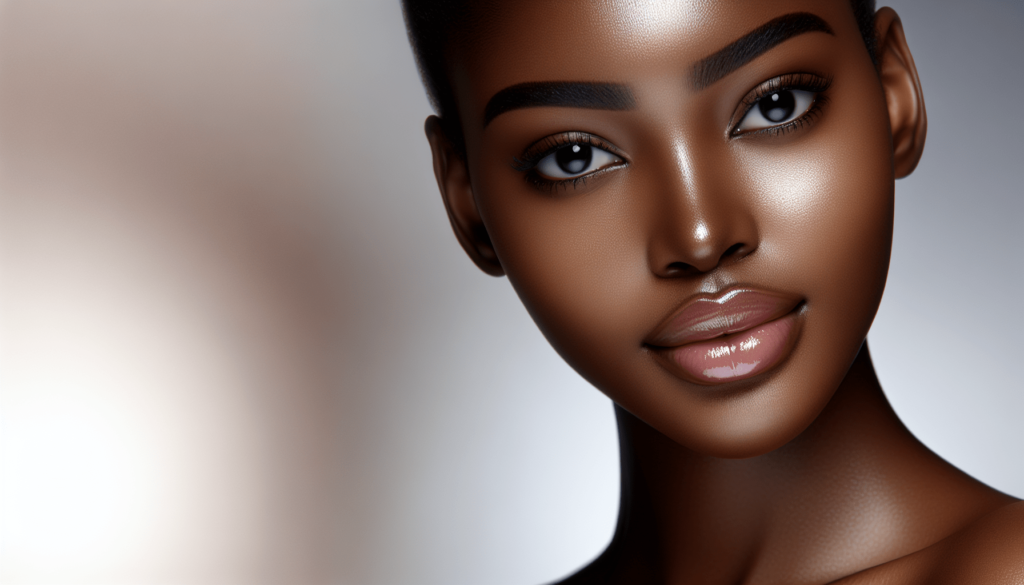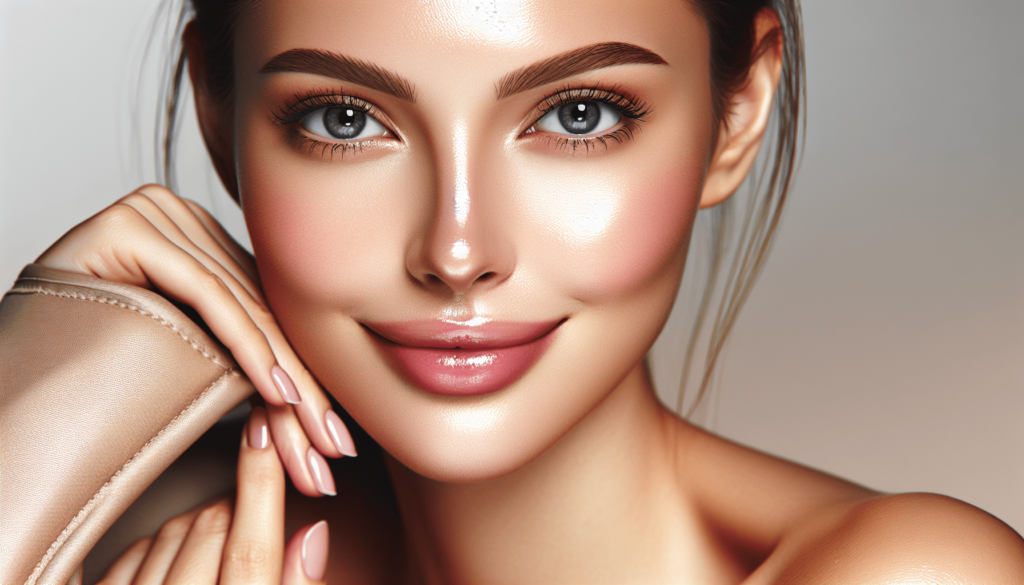Have you ever wondered what happens to your skin when you stop drinking coffee? Life is brimming with choices that affect our health—from what we eat to how we get our daily caffeine fix. Coffee is a beloved morning ritual for many, offering that much-needed jolt to awaken the senses and start the day. But what if one day you decided to hang up your favorite coffee mug for good? Would your skin thank you? Let’s uncover the effects of quitting coffee on your complexion.

The Role of Coffee in Your Life
Before diving into how your skin transforms, let’s understand why coffee holds such a prominent place in daily routines.
The Benefits of Drinking Coffee
Coffee is packed with antioxidants and has been linked to various health benefits, such as increased alertness and improved metabolism. It can also help you feel more awake and focused, making it a popular choice for starting your day or pushing through that afternoon slump.
| Benefit | Description |
|---|---|
| Increased Alertness | The caffeine in coffee improves focus and mental clarity. |
| Antioxidants | Contains compounds like chlorogenic acid that fight free radicals. |
| Mental Health | May reduce the risk of depression and improve mood. |
| Metabolism Boost | Can aid in burning calories by boosting your metabolism. |
The Downsides of Drinking Coffee
While coffee offers its share of upsides, it’s not without its flaws. Excessive consumption can lead to various issues, including digestive discomfort, anxiety, and, of course, effects on your skin.
| Downside | Description |
|---|---|
| Insomnia | Excessive caffeine can disrupt your sleep pattern. |
| Anxiety | High caffeine intake may increase feelings of anxiety. |
| Digestive Issues | Can lead to acid reflux or upset stomach. |
| Skin Dehydration | Coffee is a diuretic, which can leave your skin dehydrated. |
Initial Changes in Skin After Quitting Coffee
When you first quit coffee, your body goes through withdrawal. While this can be challenging, your skin might be the first to show signs of positive change.
Improved Hydration
One of the most immediate benefits is improved hydration. Coffee acts as a diuretic, meaning it increases urine production and can lead to dehydration. Your skin is the largest organ in your body and requires ample hydration to maintain its elasticity and suppleness.
Reduction in Redness and Inflammation
Coffee can cause your blood pressure to spike, which might lead to increased redness and inflammation in your skin. By cutting out coffee, you may notice a reduction in these problems, leading to a more even and calmer complexion.
Long-Term Changes in Skin Health
After the initial withdrawal period, you’ll likely begin to see more substantial long-term benefits to your skin.
Enhanced Skin Appearance
As you continue to hydrate properly, your skin will likely start to look fresher and more radiant. Proper hydration helps to plump up your skin, reducing the appearance of fine lines and wrinkles. Your complexion will take on a healthier, more youthful glow.
Reduced Acne Breakouts
Coffee contains various oils and acids that can clog pores, leading to acne and breakouts. By eliminating coffee from your diet, you’re essentially removing a trigger that could cause these skin issues. Skin may clear up significantly and become less oily.
Balanced Ph Levels
Your skin has a natural pH level that is slightly acidic. Coffee can cause an imbalance in these levels, leading to issues such as dryness, increased sensitivity, and breakouts. Without coffee disrupting this balance, your skin is likely to feel more comfortable and less irritated.
Nutrients for Healthy Skin
In addition to removing coffee, incorporating nutrient-rich foods and beverages can further enhance your skin’s health.
Foods Rich in Hydration
Consuming foods with high water content, like cucumbers and watermelon, helps to keep your skin hydrated and elastic.
| Food | Benefit |
|---|---|
| Cucumber | Hydrates and cools |
| Watermelon | High in water and vitamins |
Antioxidant-Rich Foods
Replacing coffee with green tea or other antioxidant-rich foods can be beneficial. Antioxidants neutralize free radicals, which are harmful molecules that can damage the skin.
| Food | Benefit |
|---|---|
| Green Tea | Rich in antioxidants like EGCG |
| Blueberries | Packed with vitamins and antioxidants |
Essential Nutrients
Your diet can play a role in providing the skin with essential nutrients like Vitamin C and E, which support collagen production and overall skin health.
| Nutrient | Source |
|---|---|
| Vitamin C | Citrus fruits, bell peppers |
| Vitamin E | Nuts, seeds, spinach |
| Omega-3 Fatty Acids | Fatty fish, flaxseeds |

Alternative Caffeine Sources
For those who still need a caffeine boost, there are alternatives that are less likely to affect your skin negatively.
Green Tea
Green tea contains caffeine but in smaller amounts compared to coffee. It’s also rich in antioxidants like Epigallocatechin Gallate (EGCG), which can be beneficial for your skin.
Herbal Teas
Some herbal teas, like chamomile or peppermint, are caffeine-free and have additional benefits like anti-inflammatory properties that can improve skin health.
| Tea Type | Skin Benefit |
|---|---|
| Green Tea | Antioxidants, reduces inflammation |
| Chamomile Tea | Anti-inflammatory, calming effect |
| Peppermint Tea | Aids digestion, anti-inflammatory |
Matcha
Matcha is a powdered form of green tea that is highly concentrated in antioxidants. It contains similar caffeine content to green tea but provides a more sustained energy release.
Managing Caffeine Withdrawal
Quitting coffee can come with withdrawal symptoms such as headaches, fatigue, and irritability. Here are some tips to manage these symptoms while you transition:
Gradual Reduction
Instead of quitting cold turkey, try gradually reducing your coffee intake. This can make the transition easier and lessen withdrawal symptoms.
Maintain Hydration
Drink plenty of water to stay hydrated and help your body flush out toxins more quickly.
Get Adequate Rest
Ensure you get sufficient sleep to help your body recover from caffeine withdrawal and rejuvenate your skin.
Incorporate Exercise
Exercise can boost your mood and energy levels while helping to improve your skin’s appearance through increased blood flow.
Conclusion
Deciding to stop drinking coffee is a significant lifestyle change that can offer numerous benefits for your skin. Improved hydration, reduced redness, and fewer acne breakouts are just a few of the positive changes you might notice. Of course, everyone’s skin reacts differently, so your experience may vary. Incorporating nutrient-rich foods and alternative sources of caffeine can further enhance your journey towards healthier, glowing skin.
Your skin will likely thank you for this change, revealing a complexion that’s as radiant and vibrant as you feel.
